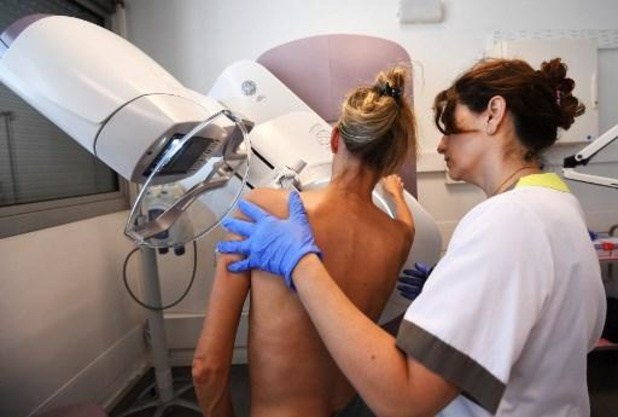Researchers in Leuven have uncovered a technique for determining the effectiveness of immunotherapy in breast cancer patients at an advanced stage, allowing individual cells to be observed more quickly before and after treatment.
The University of Leuven (KUL), the University Hospital of Leuven (UZ Leuven), and the Flemish Institute for Biotechnology discovered a new single-cell technique, which can help determine the effectiveness of the expensive therapy after only one dose, the university hospital said in a press release on Friday.
"This study is unique because, for the first time, we could analyse such a large group of patients with breast cancer at the level of individual cancer cells. The clear differences between patients who do or do not respond to therapy are overlooked by other techniques but can be unravelled thanks to single-cell techniques," said Professor Diether Lambrechts (KULeuven).
Related News
- Research: Oxford University close to breakthrough with malaria vaccine
- Ghent scientists get half million grant for Alzheimer’s research
- High Council for Health calls for reimbursement for ADHD medication
Immunotherapy, which is a standard treatment for various cancers, is only possible in later stages of breast cancer and is effective for one in three patients, but until now, the effects could only be seen after three months of treatment.
"A follow-up study is planned to validate the results of this study and to be able to use the immunotherapy outside the framework of scientific studies," said Professor Ann Smets, a breast cancer surgeon and principal investigator of the study, which analysed the tumour tissue from 40 patients before and after initial treatment.

